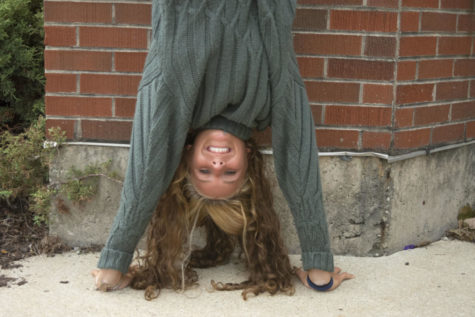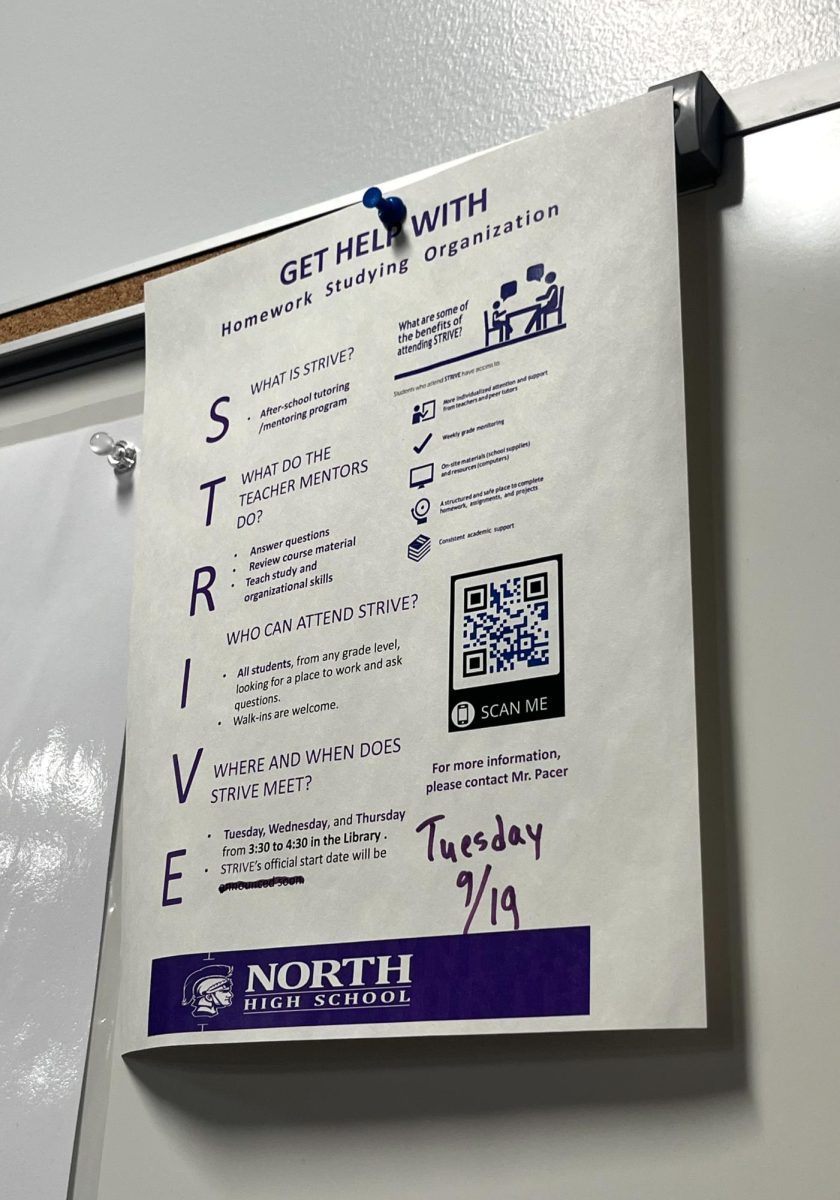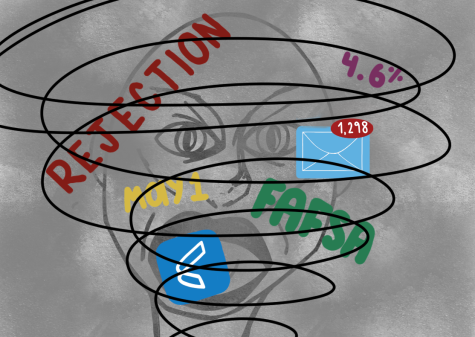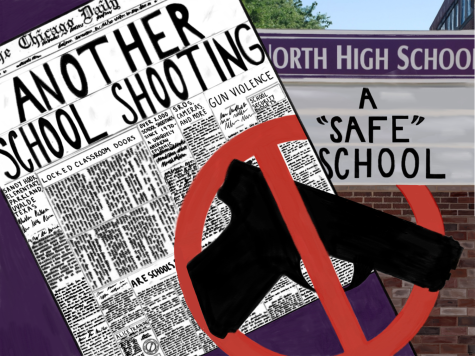Traumatic incidents cause internal doubts
May 16, 2018
Nearing the end of my run, I lock eyes with a man driving in a white van going the opposite direction. The man makes a u-turn onto my side of the street and then pulls over two houses in front of me. Being cautious, I turn right onto the upcoming side street. Uneasiness pulses through me as I watch the van roll backwards until it reaches the street I just turned onto.
I worry that if I run home he will know where I live, so instead I sprint into the closest cul-du-sac. Concealed behind a fenced-in backyard, my breath catches when I see the car slowly drive around where I’m hiding. I wait until the car finally leaves, and I can breathe again. Although I started to calm down, what just happened keeps replaying in my head. Once I reached my house, I do what every teenage girl does best: Overthinks.
This encounter happened about a month ago on a Sunday afternoon. After the incident I deduced every explanation in the book that could justify the situation. Maybe he wanted to ask for directions, or my shoe was untied and he was trying to tell me. Perhaps he thought I was someone else. But he also took away the safe feeling i’ve always had in my neighborhood.
Just making up excuses for what happened wasn’t gonna change the fact that it actually happened. Telling myself I overreacted wouldn’t make me forget about the fear-stricken feelings I’ve never felt before. A man chased me, with likely cruel intentions. And that is the honest, cold truth that I need to accept even if it is harder than making up an innocent excuse.
In Ken Armstrong and T. Christian Miller’s “An Unbelievable Story of Rape”, a college student faced an internal dilemma. The 18-year-old was tied down and raped in her apartment during the night. There was no conclusive evidence to the sexual assault, inconsistencies in her story, and even the victim’s adopted parents were skeptical of her reliability. The young girl even revoked her initial statement after convincing herself that it may have just been a dream and she might have made the story up in her head after being persuaded by the police. She was charged with a gross misdemeanor, and was issued mental health therapy sentences.
Victims of rape, and victims of violence in general, all experience serious trauma, emotionally and mentally. No matter the severity, those that were traumatized somehow start to lose trust in their own recollection of the event . I even had a hard time sticking to my gut, and my situation was so insignificant compared to others that ended up doubting themselves as well.
Eventually, the police found a picture of the young girl being raped in the culprit’s house, and the gross misdemeanor the girl faced was acquitted. Although my situation was not as severe in the slightest, our mindset was similar. After being chased, I convinced myself I was overreacting and that he wasn’t doing anything criminal even though I knew that wasn’t the case. After the girl was raped, she was convinced by others that the incident didn’t happen even though she knew exactly what had happened to her; she was sexually assaulted and nobody believed her.
I easily persuaded myself into thinking I overreacted after my incident. I still am afraid people are going to think exactly that. So when a vulnerable rape victim is being told by authorities and her guardians that she may have overreacted and wasn’t actually raped, there are obvious reasons why she would just agree with them so that she could get over the situation.
In our society, everyone is innocent until proven guilty. Victims that believe they have been raped, shouldn’t face skepticism from anyone unless there is solid proof. Any rapist wouldn’t be charged unless they had conclusive evidence against them because of the issue severity. So why aren’t some rape victims given that same courtesy?













Enrico • May 19, 2018 at 9:23 am
Thanks so much for the post.Really thank you! Keep writing.